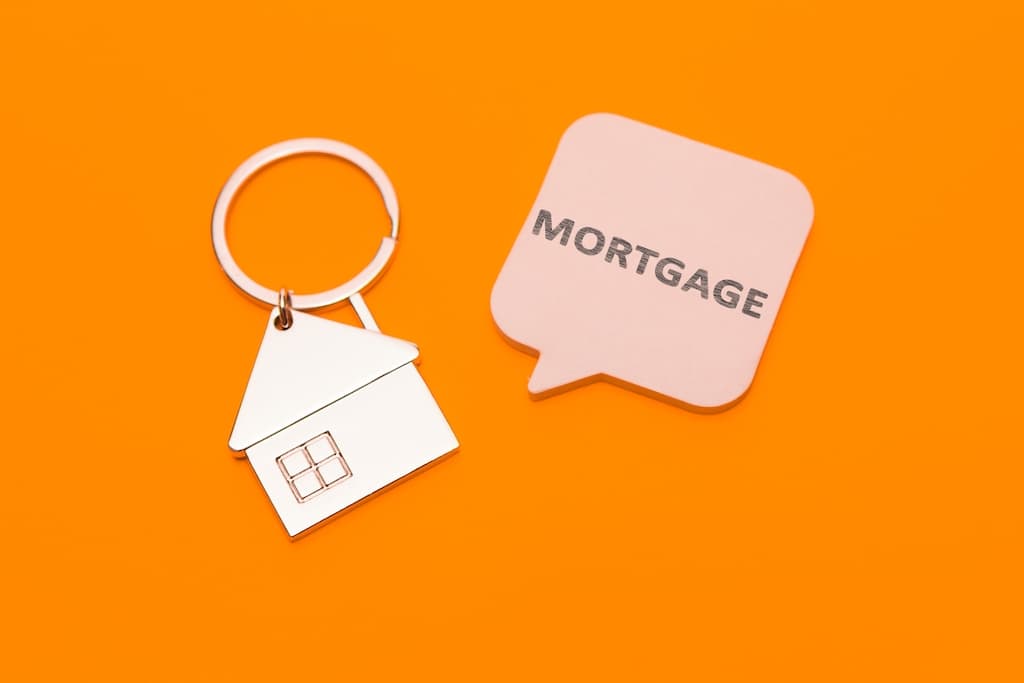Physical Address
304 North Cardinal St.
Dorchester Center, MA 02124
Physical Address
304 North Cardinal St.
Dorchester Center, MA 02124
Mortgage assumption is the process of legally transferring an existing mortgage loan from the seller of a home to the buyer. When a mortgage is assumed, the buyer takes over the remaining balance and becomes responsible for repaying the loan. The buyer also takes over the interest rate and terms of the original mortgage.
Mortgage assumption allows a home buyer to obtain financing without having to apply and qualify for a new loan. By assuming the seller’s mortgage, the buyer can take advantage of a potentially lower interest rate compared to current market rates. Assumable mortgages are also processed faster and have lower closing costs than refinancing or obtaining a new mortgage.
However, only certain types of mortgages can be assumed. These include VA loans, USDA loans, and some FHA loans. [Source: Rocket Mortgage] The original lender must approve the assumption before the sale can be finalized.

There are several potential benefits to assuming the seller’s mortgage rather than getting a new loan:
For these reasons, assuming a mortgage can make financial sense for eligible buyers under the right circumstances.
While mortgage assumption can benefit some home buyers, it is not an option for everyone. The mortgage lender must approve the buyer in order for them to assume the mortgage. This includes checking the buyer’s credit score, income, and debt-to-income ratio. [Source: Bankrate]
In most cases, the lending standards are similar to obtaining a new mortgage loan. The buyer will likely need:
As such, assuming a mortgage is only a viable option for creditworthy buyers who meet the normal lending requirements. The seller also has to approve of transferring their mortgage to the new homeowner.
There are several requirements buyers must meet to qualify for mortgage assumption:
Lenders will review the buyer’s credit report and look for a sufficient credit score, typically 620 or higher. A higher score improves the chances of approval. The lender wants to see responsible credit use including on-time payments.
Assuming the mortgage is a long-term financial obligation. Therefore, the lender will verify the buyer’s stable income and that their total debts are not excessive. Most lenders require a debt-to-income ratio below 50%.
The buyer needs formal approval from the mortgage lender before the assumption can go through. The lender will issue loan assumption documents for all parties to sign once the buyer has met the qualification requirements.
By satisfying these key criteria, a buyer can increase their chances of successfully assuming an existing home loan from the seller.
Follow these general steps to assume a mortgage:
The first step is to confirm that the specific mortgage you want to assume is legally transferable. Only certain types of mortgages can be assumed. These include VA loans, USDA loans, and some FHA loans. [Source: Rocket Mortgage] Conventional loans are typically not assumable.
Once you confirm the loan can be assumed, complete a loan assumption application with the lender. Be prepared to provide financial documents to prove your creditworthiness and income.
The lender will pull your credit report and verify your financial qualifications. The lender may have to pay a fee to the lender to assume the mortgage. This fee is typically around $500. [Source: Consumer Financial Protection Bureau]
In addition to any loan assumption fees charged by the lender, you will also need to pay closing costs. These costs can vary depending on the location and the purchase price of the home. [Source: NerdWallet] Budget 1-5% of the home price for these fees.
Once approved, you will sign an agreement with the lender formally assuming all repayment obligations under the mortgage. This contract transfers responsibility from the seller to you.
As the new owner, you begin making the monthly principal and interest payments on the assumed loan. Make sure to pay on time going forward to avoid financial penalties.
By following this process, you can execute a smooth mortgage assumption when buying a home under the right conditions.
While mortgage assumption offers advantages, there are also potential risks to consider:
To mitigate risks, work with a real estate attorney and scrutinize the loan documents before agreeing to assume any mortgage. Only proceed once you fully understand the legal implications. An attorney can help ensure you are protected.
When used strategically, assuming an existing mortgage can offer real financial advantages:
Assuming an existing mortgage can therefore make homeownership more accessible and affordable under the right circumstances.
Certain government-backed loans can be assumed:
FHA loans originated after December 1989 can be assumed by qualified buyers. However, the new borrower must be approved by the lender and abide by normal FHA borrowing limits and requirements.
VA loans are assumable with lender approval. As with the FHA loans, the new borrower must meet VA loan qualifications.
USDA loans guaranteed by the U.S. Department of Agriculture are also assumable in most cases. These loans primarily help low/moderate income buyers in rural areas.
Always consult with the lender to determine if a specific government-insured mortgage can be transferred to a new buyer via assumption. Unique stipulations may apply depending on when and how the loan originated.
If a married couple divorces, their joint mortgage can still be assumed by one spouse only if:
Without the agreement of the other spouse via a legal quitclaim deed, it is difficult for one spouse alone to assume the mortgage. Speak with an attorney to understand options in the event of divorce.
In 2022, only 3% of all mortgages were assumed. [Source: Mortgage Bankers Association] However, under the right circumstances, assumption can be an advantageous way for a buyer to obtain home financing while saving substantially on interest costs and upfront fees. Always consult professional legal and financial guidance to determine if assuming an existing mortgage aligns with your specific home buying objectives and financial situation.